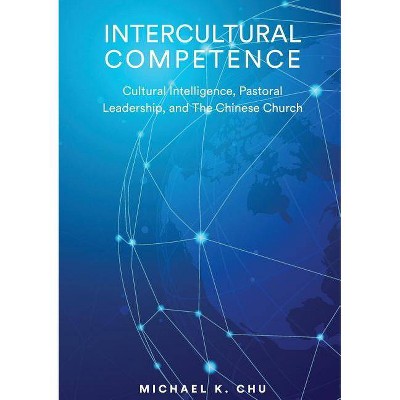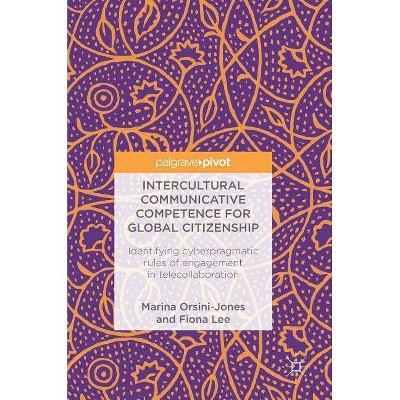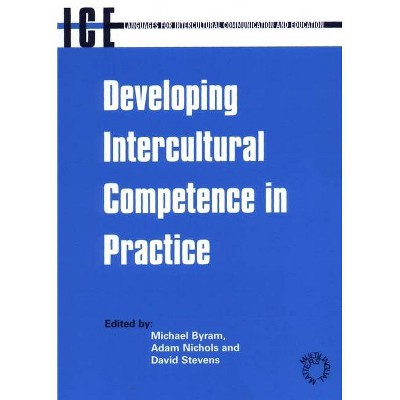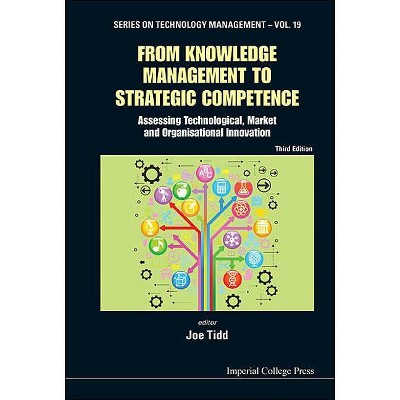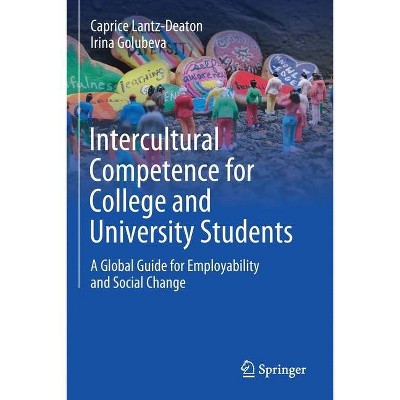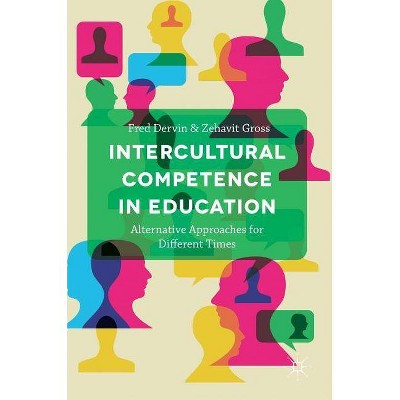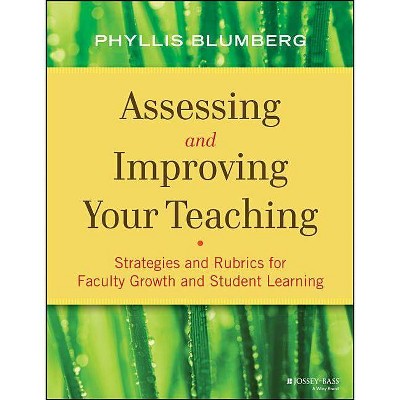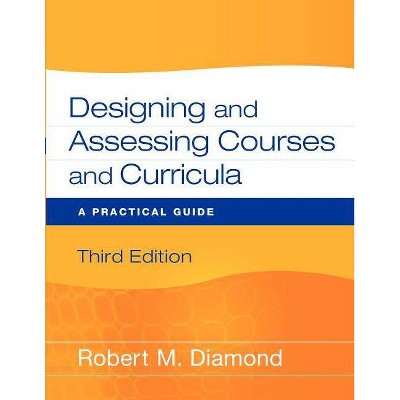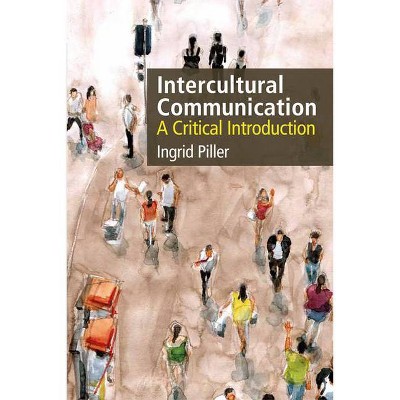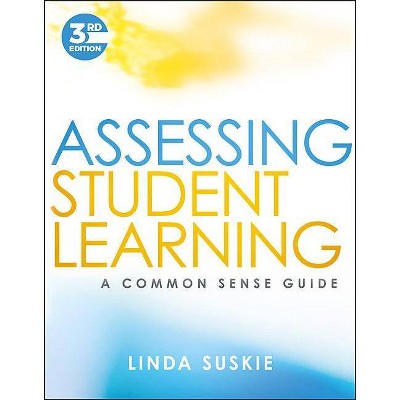Teaching and Assessing Intercultural Communicative Competence - 2nd Edition by Michael Byram (Paperback)
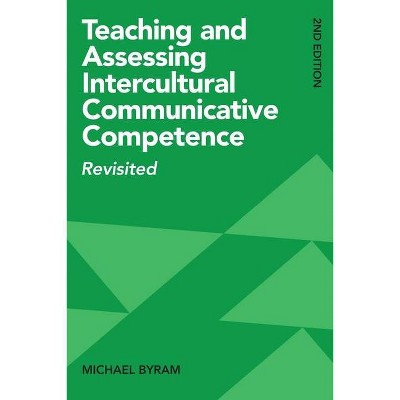
Similar Products
Products of same category from the store
AllProduct info
<p/><br></br><p><b> About the Book </b></p></br></br>This revised edition of Michael Byram's classic 1997 book updates the text in light of both recent research and critiques and commentaries on the 1st edition. The book is an invaluable guide for teachers and curriculum developers, taking them from a definition of Intercultura...<p/><br></br><p><b> Book Synopsis </b></p></br></br>This revised edition of Michael Byram's classic 1997 book updates the text in the light of both recent research and critiques and commentaries on the 1st edition. Beginning from the premise that foreign and second language teaching should prepare learners to use a language with fluency and accuracy, and also to speak with people who have different cultural identities, social values and behaviours, the book is an invaluable guide for teachers and curriculum developers, taking them from a definition of Intercultural Communicative Competence through planning for teaching to assessment. This edition refines the definitions of the five 'savoirs' of intercultural competence, and includes new sections on issues such as moral relativism and human rights, mediation, intercultural citizenship and teachers' ethical responsibilities.<p/><br></br><p><b> Review Quotes </b></p></br></br><br><p>There is little way that anyone can read this book and not believe that all universities should have a foreign language requirement [...] Though gifting this book to your administrator may be a longshot, it definitely belongs in the hands of anyone that will be teaching and/or creating content for language education from now on.</p>--Boris Yelin, Northeastern University, USA "LINGUIST List 32.2158"<br><br><p>With remarkable educational integrity, Michael Byram revisits his highly successful 1997 book and responds to his critics. The result is a rich and thoughtfully revamped version of the original classic, adapted to our multicultural societies and mindful of the need to educate language learners to global intercultural citizenship through intercultural communicative competence. The added sections on mediation, teachers' ethical responsibility, and pluralism and human rights are particularly noteworthy.</p>-- "Claire Kramsch, University of California, Berkeley, USA"<br><br>This new edition not only clarifies the ambiguities and inclusiveness of the ICC theory, but also situates it in a more contemporary and global teaching environment. Byram's conceptualization of critical cultural awareness leading to democratic citizenship has far more importance now for other non-European regions including Asia, where foreign language is taught mostly for instrumental purposes and the value of wholesome humanistic education is often left behind.-- "Kahoko Matsumoto, Tokai University, Japan"<br><p/><br></br><p><b> About the Author </b></p></br></br><p>Michael Byram is Professor Emeritus at the University of Durham, UK. He has published numerous books, including most recently <em>Teaching Intercultural Competence Across the Age Range: From Theory to Practice </em>(edited with Manuela Wagner and Dorie Conlon Perugini, Multilingual Matters, 2017).</p>
Price History
Price Archive shows prices from various stores, lets you see history and find the cheapest. There is no actual sale on the website. For all support, inquiry and suggestion messagescommunication@pricearchive.us
